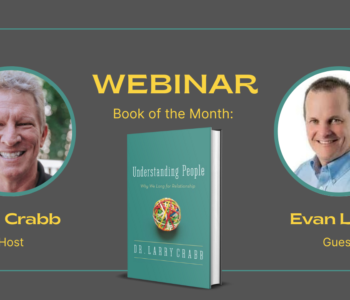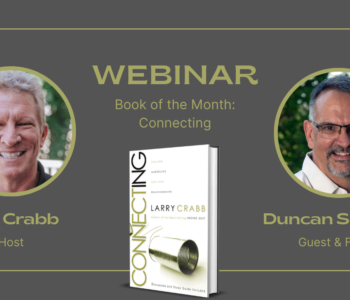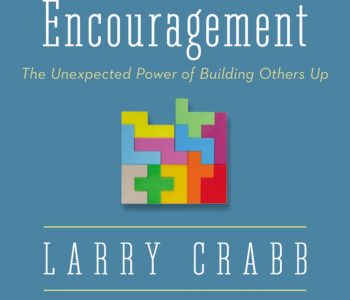 Blog
Blog
Empowering Kids on the Autism Spectrum in the Local…
Understanding Autism: A Personal Journey
By Sydney Holmes
Hello, I’m Sydney, and I’ve been navigating life with what was initially diagnosed as Asperger’s Syndrome. Understanding and supporting individuals on the autism spectrum is crucial in the local church body. My journey, marked by challenges and learning, offers insights into how ministries can effectively serve kids on the spectrum.
The Importance of Inclusion and Understanding
Early Challenges and Experiences
My school years were a mix of suspensions, expulsions, and transfers, highlighting the need for more autism-aware educational environments. I faced misunderstandings and exclusion, not only in schools but also in church settings. These experiences underscore the importance of creating inclusive spaces where kids on the spectrum feel welcomed and understood at both school and church.Every person is created by God for belonging and a place of acceptance. My experience at church was also a mix of acceptance and being made to feel like a burden. For years, I would struggle with the verse “you are fearfully and wonderfully made.” This is hard to believe when you can tell children’s volunteers in children’s ministry do not want you in their classroom and the words “syndrome” or “disorder” are used to describe you. I went through a difficult time early in childhood wondering if God could love me if my church and Christian school did not seem to want me. It was devastating and negatively impacted my mental health as a teenager. As a young adult, I found acceptance and community from a church that loves me and has helped me plug in. This not only helped me grow spiritually and in a greater walk with Christ in my true identity, but helped me grow in community and has positively impacted mental and emotional health.
Practical Tips for Ministries
1. Clarify Instructions
For kids on the spectrum, clear and detailed instructions are essential. Avoid assumptions and provide explicit guidance on tasks, whether in educational settings or during church activities.
2. Be Patient and Communicate Calmly
Patience is key. Understand that questions from kids on the spectrum stem from a need for clarity, not defiance. Communicate any frustration calmly and constructively.
3. Avoid Punishing Meltdowns
Meltdowns are often a result of overwhelming anxiety or sensory overload. Recognize them as a form of communication rather than misbehavior or disrespect, and respond with empathy, patience and support.
Building an Inclusive Church Community
Reflecting Inclusion in Practice
Inclusion goes beyond words; it’s about actions and attitudes. Does your ministry actively welcome individuals with disabilities? Are there programs and resources in place to support their participation? Inclusion is about creating an environment where everyone feels valued and supported.
Training and Resources
Invest in training for volunteers and staff to work effectively with kids on the spectrum. Utilize resources from organizations like SOAR, Key Ministry, and Joni and Friends to enhance your ministry’s inclusivity.
Empowering Through Understanding
Understanding the unique needs and perspectives of kids on the autism spectrum is the first step toward empowering them. By adapting our approaches and attitudes, we can create a community where every child feels valued and has the opportunity to thrive.
A Call for Compassionate Action
My experiences have taught me the profound impact that understanding and inclusion can have on individuals with autism. Ministries have the power to make a significant difference in the lives of these children and truly be the hands and feet of Jesus. By embracing empathy, patience, and informed strategies, we can create a nurturing environment where all kids feel accepted and empowered to reach their full potential.
If you want to know more about my story, I have written two chapters in Embracing the Autism Spectrum: Finding Hope & Joy Navigating the Neurodiverse Family Journey by Rev. Dr. Stephanie C. Holmes, Rev. Dan Holmes, me – Sydney Holmes – and my sister, Erica Holmes. I share both the positive and negative impacts on my faith journey through my church experiences. Remember that children and youth are looking to church leaders to be a role model of Christ and model the love of Christ even when behaviors and challenges are not convenient for the local church body. I have made a video for church leaders about how to positively impact and include those like me on the autism spectrum.
Sydney Holmes was diagnosed with Asperger’s Syndrome at the age of 6, then reassessed in her teens with Autism, Level 1. She has not let her diagnosis become a crutch or an excuse to prevent her from achieving her goals in life. Sydney graduated with her bachelor’s degree in history and minored in education. She graduated with her Master of Arts in Public History and Post Baccalaureate in Museum Studies in 2022. She has since moved across the country and landed a job in the museum field, which is just the latest and greatest on her impressive museum resume. Sydney hopes her story will inspire others in the autism community to reach their goals. Sydney is passionate about human trafficking awareness and promoting the rescuing of trafficking victims through her soap ministry, Simple Suds by Syd, where she raises funds to give toward Project Rescue. She loves all things history and cats, especially her new emotional support kitten, Piper.








